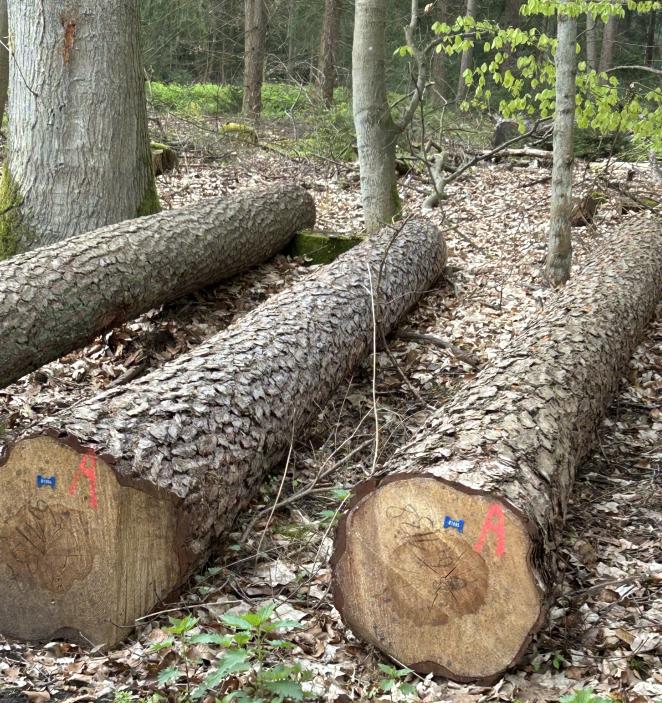Main content
Image

Current situation
The showcase location is divided in 6 major sites:
- sustainable forest with around 70 tree species,
- agricultural production of crops and vegetables following the Bioland association principles,
- grassland with about 80 cattles,
- composting of cattle manure in an moving open field system (windrows of 70 - 100 m length with regular turning and irrigation) with co-substrates,
- biogas facility with heat and power unit using maize and manure
- as well as nature protection areas.
Gräflich Bernstorffsche Betriebe focuses on advancing sustainable management by optimizing bioresource flows. For composting perspectives are seen in using underused co-substrates available on the farm. The subvention scheme of the biogas facility runs out in 2025. A change of operation and technology is a possibility. This includes inputs like clover grass, flower mixtures, more cattle manure and external substrates e.g. from a juice producer. Plans for upgrading biogas to biomethane and -CO2 are made, but implementation faces challenges due to policy barriers, such as subsidies for natural gas and low CO2 pricing.
